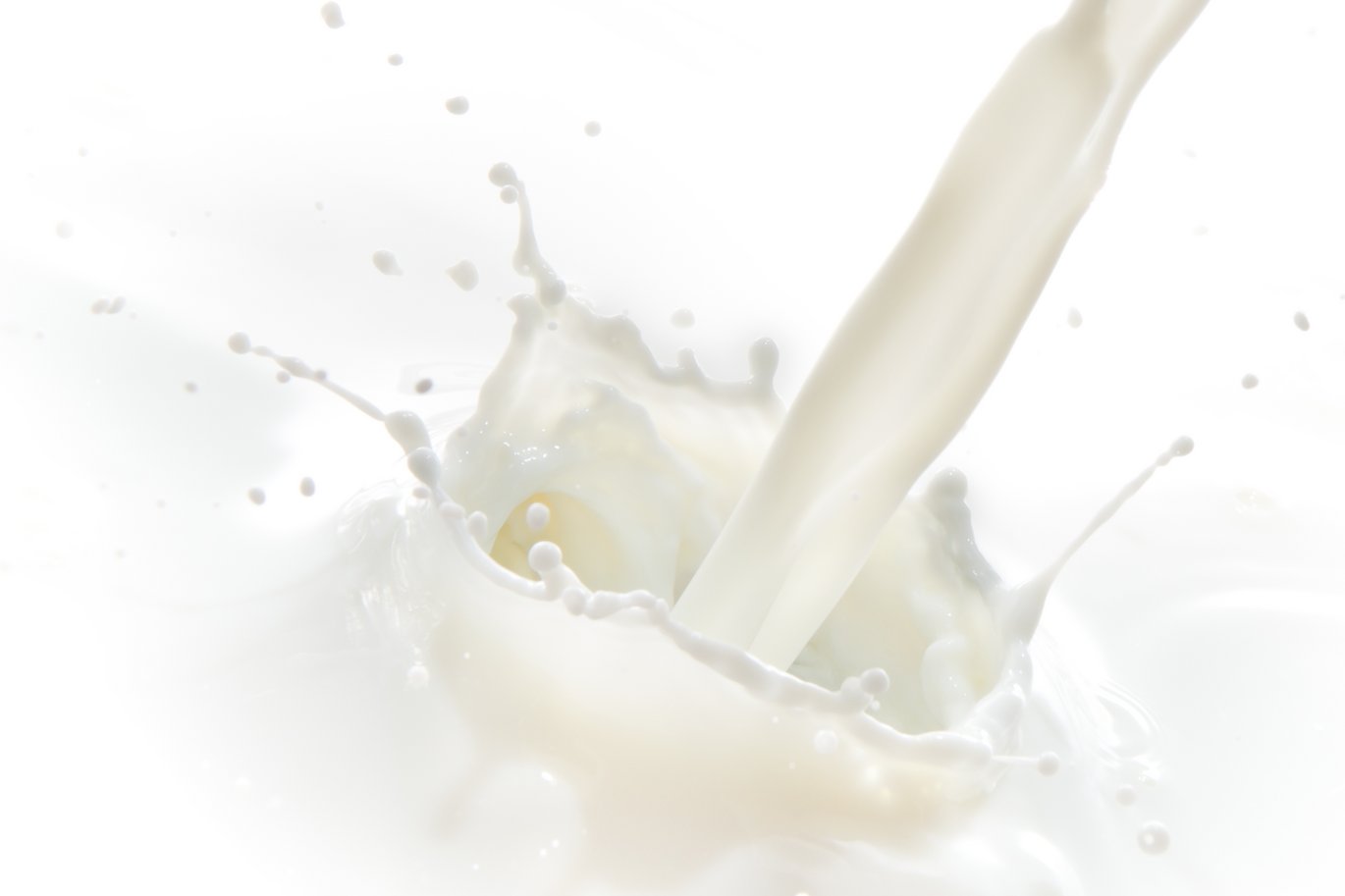Milk quality to be improved
More cases of thermoresistant bacteria and of free fatty acids pose a problem for milk producers and dairies. Research and industry have joined forces in a new research project to protect milk quality.

Dairies in Denmark and in other countries in Northern Europe have for the last four to six years recorded a growing number of cases of dairy farms delivering poor-quality milk.
The dairies are detecting larger concentrations of free fatty acids and thermoresistant bacteria in the milk. Thermoresistant bacteria are able to survive the pasteurisation process at the dairy, while the free fatty acids can adulterate the flavour of the milk.
One of the causes of the increased prevalence of bacteria and free fatty acids is attributed to the automatic milking systems installed on 900 of the nearly 4000 dairy farms in Denmark.
An earlier investigation of 300 Danish farms with automatic milking systems found that udders were not properly cleaned, the milking frequency was irregular, there was an increased air intake, different wiring systems and process technology, and inadvertent temperature fluctuations.
These factors are detrimental to milk quality which is why scientists and private businesses have joined forces in the research project Futuremilq to improve milk quality.
Scientists at the Department of Food Science at Aarhus University will be using proton transfer reaction mass spectrometry (PTR-MS) in their attempt to find a method to quickly and accurately measure the concentration of free fatty acids in milk. The challenge with the analyses of free fatty acids in milk is that they are both water-soluble and fat-soluble, which makes them difficult to extract and to quantify.
- We expect that the method will be able to detect and quantify the short-chain fatty acids that give the milk a rancid taste. The same analysis will provide information on other volatile components in the milk such as oxidation products that may taint the milk, says Lars Wiking, associate professor and an expert in food quality at Aarhus University.
Scientists at the Department of Food Science at Aarhus University will also be carrying out a so-called chemometric analysis of the influence of the biological (milking frequency and feeding) and technological (milk cooling, air intake and agitation) factors on the formation of volatile free fatty acids in milk.
- The ambition is that an analysis of data across earlier studies of chemometrics will enable us to prioritise the factors influencing the accumulation of free fatty acids in milk on the farms, explains Lars Wiking.
The partners behind Futuremilq expect that a fall in the delivery of poor-quality milk in five years’ time will lead to a financial gain for the dairy farmers and dairies of a minimum 150 million DKK per year. The project is also expected to generate knowledge for the manufacturers of milking equipment which could have a market potential of around 750 million DKK.
In addition to Aarhus University (Department of Engineering, iNano and Department of Food Science), project participants include Arla Foods, Lely Scandinavia, DeLaval, S.A. Christensen, Marlin Malkeservice, Foss Analytical, Eurofins Steins Laboratorium, ADA Rustfri Industri, AgroTech, FORCE Technology, Registering og YdelsesKontrol and the cattle section at the Knowledge Centre for Agriculture.
The project has a total budget of 23.2 million DKK of which 10.6 million DKK has been granted by The Danish Council for Technology and Innovation.
Further information: Associate professor Lars Wiking, Department of Food Science, Aarhus University, telephone: +45 8715 7805, e-mail: lars.wiking@agrsci.dk
